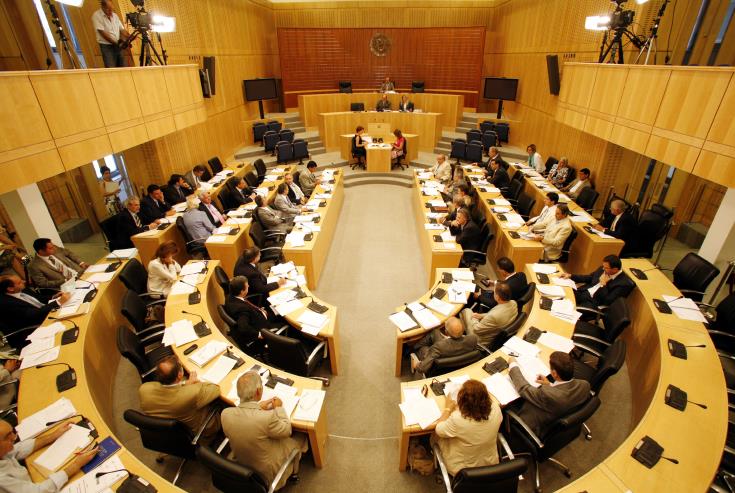The government on Friday welcomed MPs approving the bill on protecting people who blow the whistle on corruption after a six-year delay.
Implementation of the law is expected to enhance transparency and address possible corruption cases.
According to a statement by the Presidency: “These are important reforms which will contribute decisively to the fight against corruption and the promotion of transparency and accountability.”
The government said it expects the Parliament to proceed with the adoption of other important bills concerning the reform of the Judiciary and establishing an Independent Authority against Corruption.
MPs finally voted in legislation to protect and encourage potential whistleblowers to come forward in a war on corruption in the public interest.
The bill was approved by 49 votes in favour and one against on Thursday.
Pending since 2016, when tabled by AKEL MP Irene Charalambidou, the legislation provides protection to employees coming forward with information about acts of corruption carried out by their superiors.
Following the passing of the legislation, Charalambidou expressed her satisfaction, noting that protecting whistleblowers is essential in combating corruption.
“Whistleblowers have given make-or-break information in a number of cases.
“From small cases such as nepotism practices in the public service…
“But many people who have reported cases of corruption, mismanagement, intimidation, or wrongdoings have seen their employers take retaliatory measures while some have been isolated by society.”
Justice Minister Stephie Drakou expressed her satisfaction with the new law.
“Protection of persons who report violations of the law and acts of corruption, creates a strong safety net, to encourage employees to report and provide relevant information obtained in their work environment.
“Employees in Cyprus who file complaints to the competent authority on a case-by-case basis will enjoy full protection.
“No person will be subject to retaliation, such as dismissal, harassment and a negative change in their working conditions,” said Drakou.
This bill was one of three pending to combat corruption, which is expected to create a strong framework for enhancing transparency.
The other two bills, pending for more than four years, would establish an Independent Anti-Corruption Authority.
Efforts to vote in anti-corruption legislation have been stepped up to rid Cyprus of the ill-repute tied to the lavish way golden passports were dished out.
In November 2020, Nicosia dropped the passport scheme after Al Jazeera aired a documentary showing reporters posing as fixers for a Chinese businessman seeking a Cypriot passport despite having a criminal record.
More recently, the Pandora Papers involved the name of President Nicos Anastasiades.
A law firm founded by President Anastasiades was named.
According to the investigation, the “law firm appears as a key offshore go-between for wealthy Russians.”
The Cypriot law firm allegedly helped a Russian billionaire and former senator, Leonid Lebedev, conceal ownership of four companies by listing law firm employees as owners of Lebedev’s entities.










